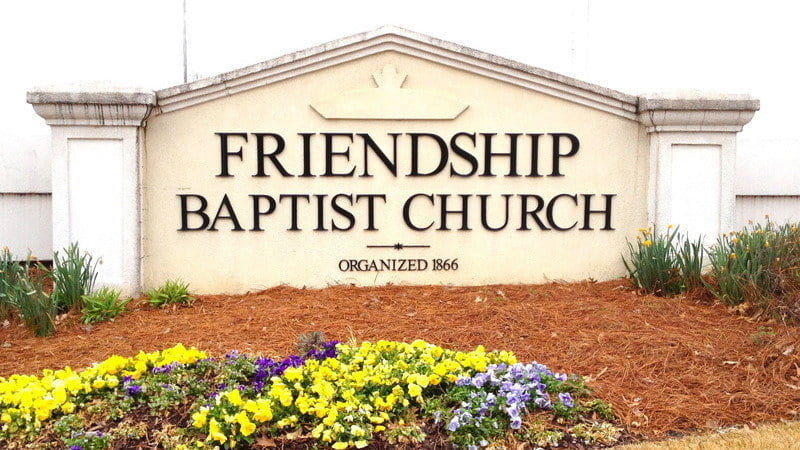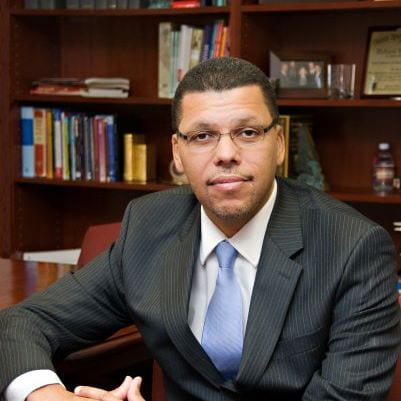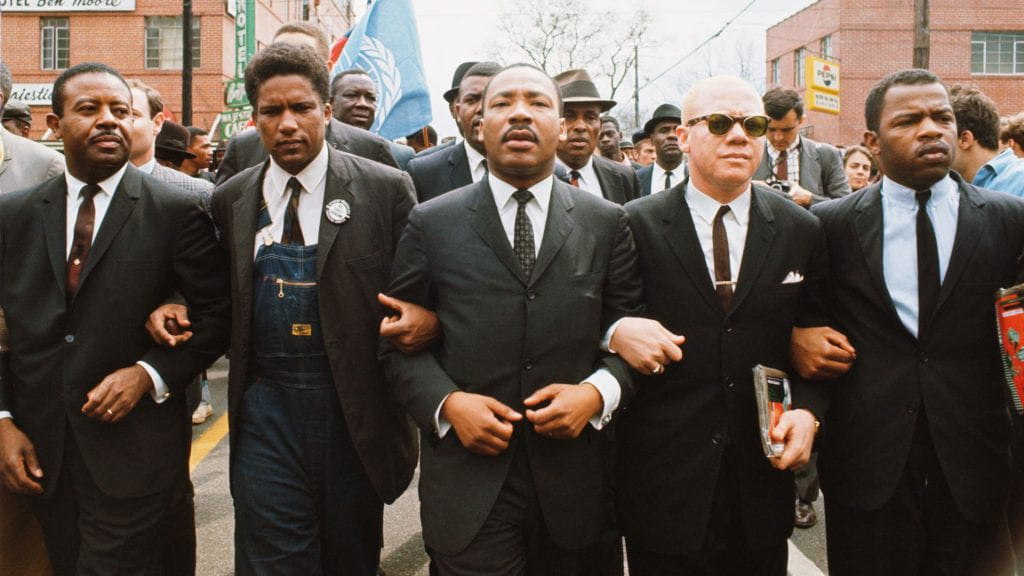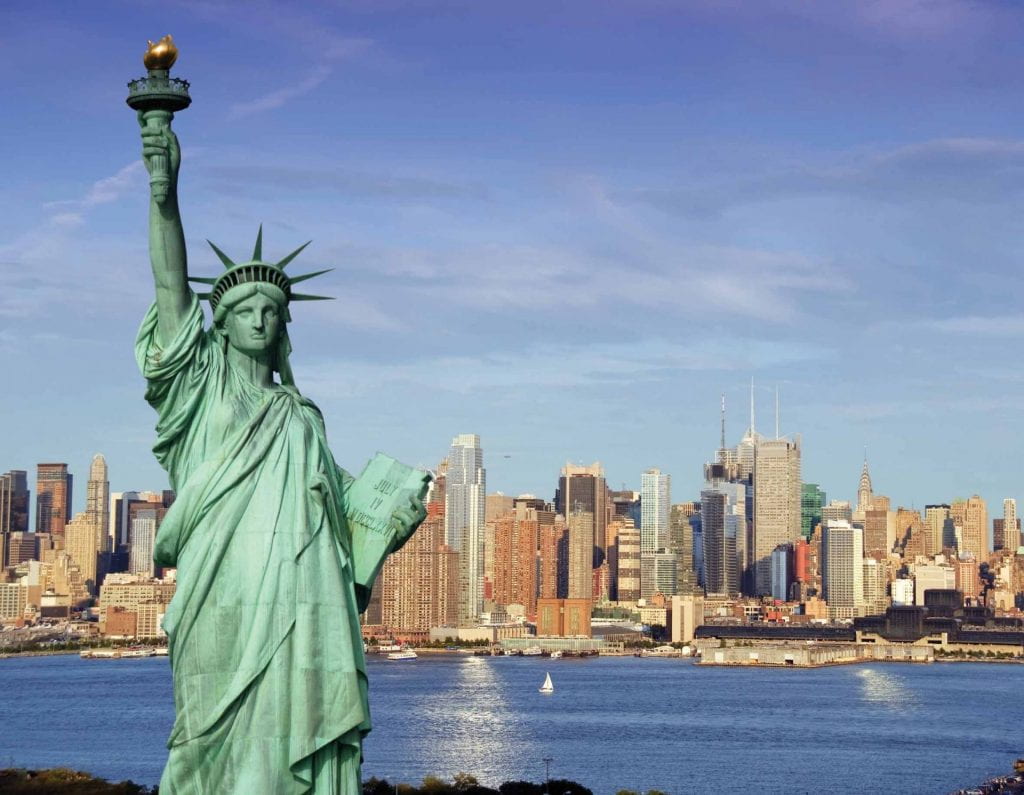Race, Religion, and Peace with Dr. Richard W. Wills, Sr.
Peace can have many forms. A form could be pacifism: advocating for no harm to any person and an end to all violence. A form could be justice: freedom and equal opportunity for all. But another form, the form that this module will be focusing on, is peace through action. This form of peace spreads from a voice that is heard; it leaks through a message that instills hope and love in others.

Note from the reporter
A voice I wanted to hear is that of Dr. Richard Wills, Sr. He leads Friendship Baptist Church and represents the black Baptist community in Atlanta, GA. Every Sunday, he stands on the pulpit and preaches to his congregation lessons like “Wisdom for a Weary World” and “Singing Through the Situation”, two sermons designed to encourage his community through these tough times. With this encouragement, the church hosts food drives, disability awareness ministries, HIV/AIDS care, and more. I wanted to give this community a voice on my podcast and an outlet to reach people outside of the church doors. Having been raised Baptist myself, I thought it essential to hear Dr. Wills’ take on race relations, religion, and peace.

About the Speaker
Dr. Richard W. Wills, Sr. graduated from New York Tech with a BS in Architecture. Since then he has gone on to get two master’s degrees in Religious Studies and a PhD in Religious Ethics. He has served as a pastor in Montgomery, Alabama, and Richmond, Virginia. He has co-authored a book entitled “Reflections on Our Pastor: Dr. Martin Luther King, Jr., 1954-1960”, and has written about Dr. King in other works. He is an inductee to Morehouse College, Martin Luther King Jr. Board of Preachers, and a delegate of the Progressive National Baptist Convention. He is also a member of the American Baptist Convention, the Progressive National Baptist Convention, the American Academy of Religion, and Alpha Phi Alpha. He has a wife, Sheila D. Martin, and four children: Richard Jr., Whitney, Michelle, and Reginald.
Dr. Richard Wills as a Peacemaker
Dr. Wills is a peacemaker because of the voice he has in the community. He represents the oldest black Baptist church in Atlanta, a church that helped shape the Atlanta of today, and he leads many projects designed to help those in his church and those outside of it. He helps guide those in his congregation to emotional wellbeing, and he is a vocal proponent of social justice and freedom for all. Additionally, Dr. Wills has studied Dr. King and is a huge advocate of principles of freedom and liberty for all men and women. He is an example of a positive peacemaker- creating peace through action.

Atlanta as a Progressive City
The history of Atlanta is ripe with leaders of peace. Maynard Jackson, the 3-term mayor of Atlanta, actually grew up attending Friendship Baptist Church. Dr. King pastored Ebenezer Baptist Church in the “Sweet Auburn” neighborhood. Representative John Lewis represented the 5th Congressional District, where Atlanta is located, received the Presidential Medal of Freedom, and even helped organize the 1963 March on Washington. Dr. Wills believes that Atlanta has come a long way since the 50s and 60s, especially in terms of economic development and racial disparities.
Constructive Dialogue
Dr. Wills believes that all it takes for bridges to be built between races is open, honest, constructive dialogue. He says that most of the time, people let their identity define them whether it be political party or race, which gets in the way of seeing someone as a fellow human being. This leads to unnecessary arguments and debates where people don’t actually listen to each other, for fear of breaking their affiliations. He notes that he was delighted to see that former Supreme Court justices Scalia and Ginsburg, despite their opposing views on many subjects, were in fact good friends.

The United States as a Global Leader
The United States is a clear leader in terms of technology, the economy, and various industries. Dr. Wills believes that there was a time when we had a voice in the world’s affairs. We were able to speak of human rights violations whether it be apartheid, Israeli/Palestinian relations, etc., and other countries listened to us. Although we’ve had issues with regards to slavery and reconstruction, he believes that these issues were similar to issues at the time faced by other developed nations in the world. But now, he feels our voice does not carry as much weight. To get back, we must be willing to listen and have meaningful dialogues with others. This can’t be done by talking over others and not listening.